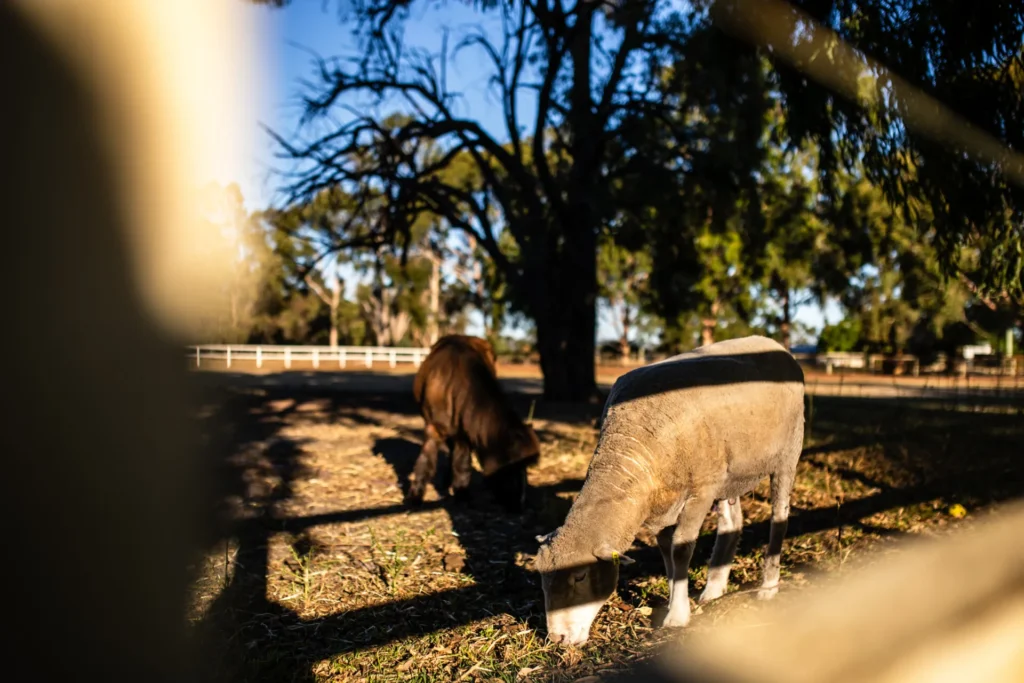Water Manager
Irrigation
Maintenance
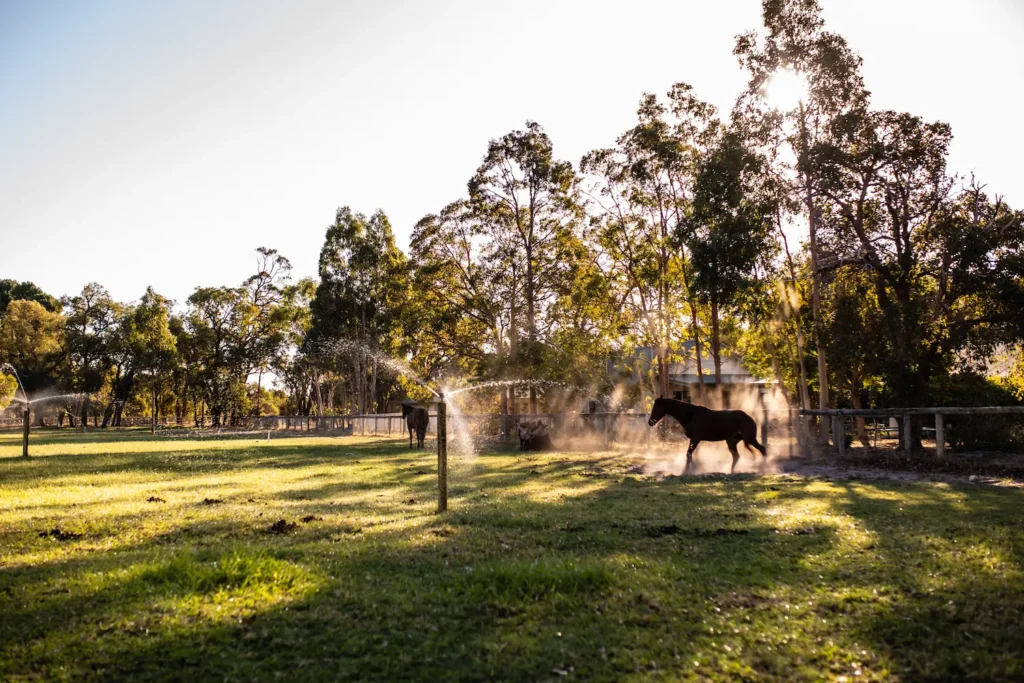
Irrigation Maintenance Services
Irrigation systems break, it happens, we can fix and improve them
Once your irrigation system is up and running, keeping it in optimal condition is essential. Proper maintenance ensures your system operates efficiently, reduces water waste, and minimizes long-term costs.
Over time, even minor problems can result in higher water use or under-watered plants, which can affect your garden or crop yields. BD Water takes a proactive approach to maintenance.
Our goal is to catch issues early, fix them promptly, and keep your system in top shape. Whether you have a small farm or a large commercial irrigation system, we tailor our maintenance services to meet your needs.
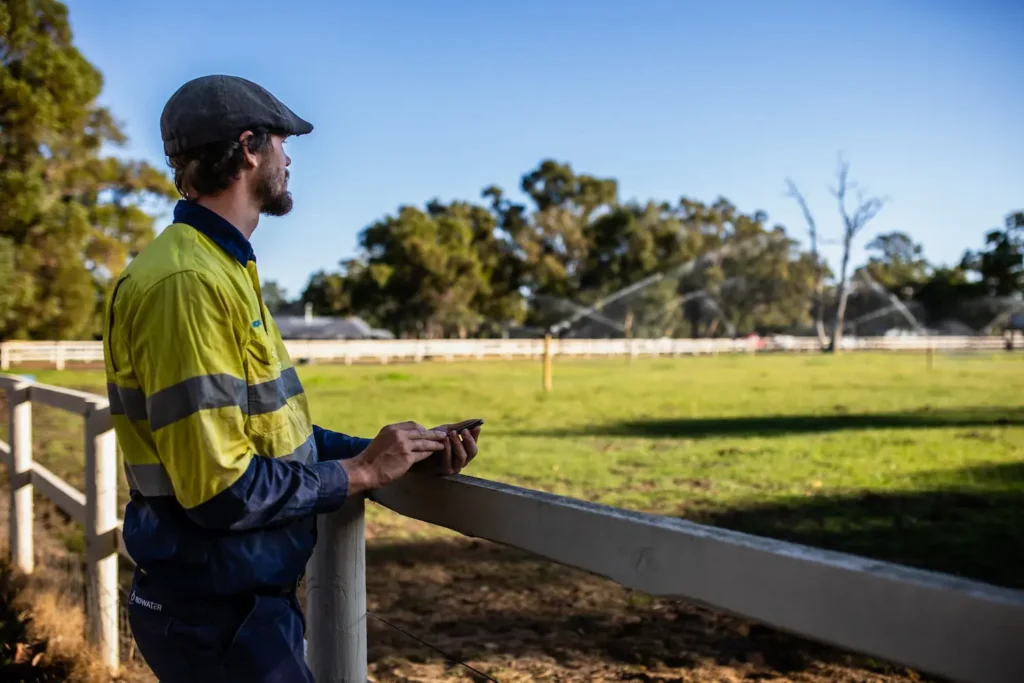
Why Maintenance Matters
Routine Inspections
Early detection can prevent system over-pressurisation or under-performance that could affect water distribution.
Seasonal Adjustments
Long-Term Care Plans
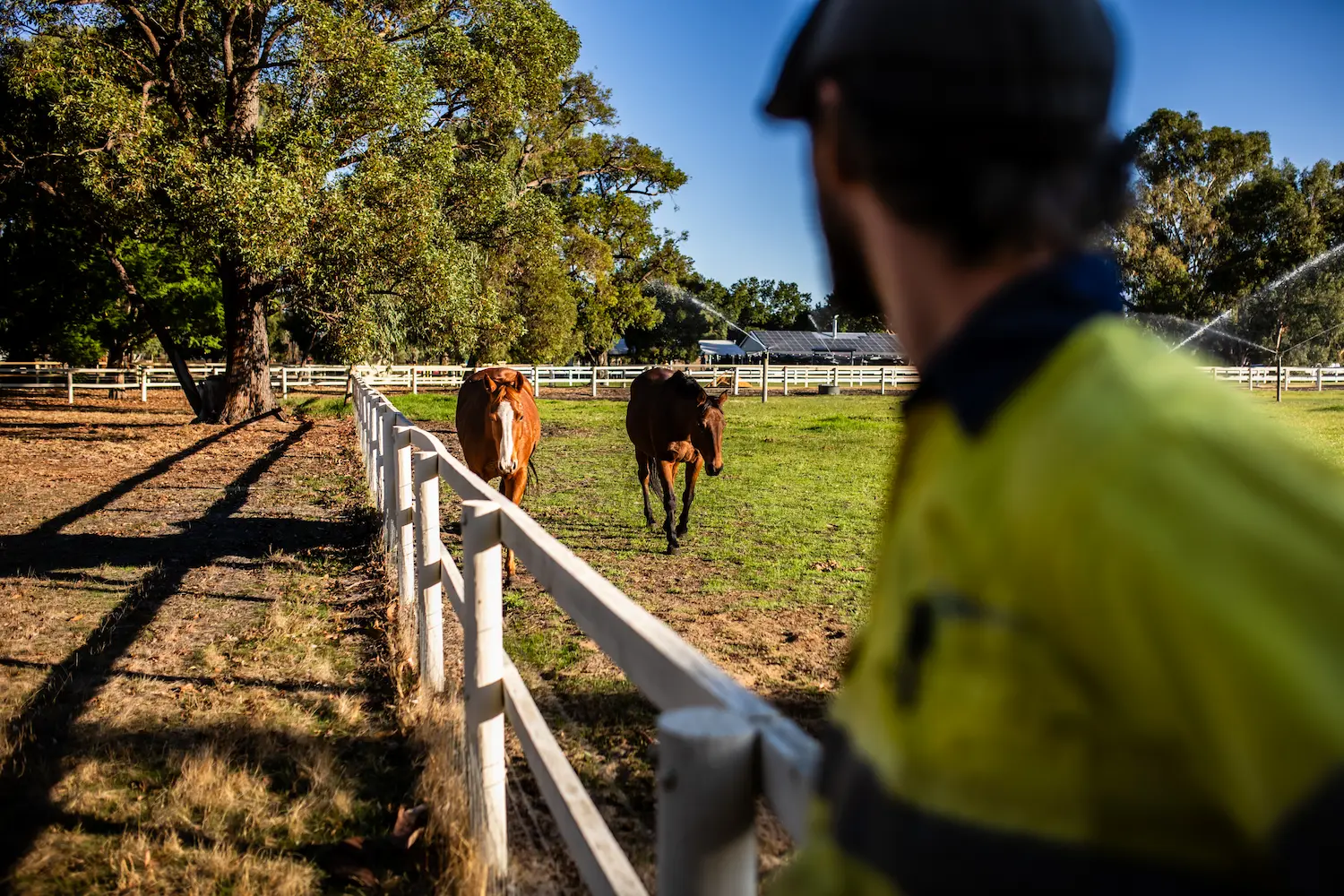
Emergency Repairs
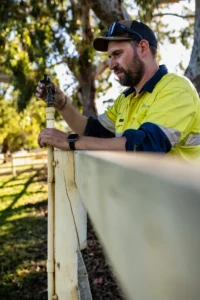
The smallest details
make the biggest difference.
Customer Satisfaction
We don’t just walk away after performing maintenance. BD Water offers ongoing support to answer any questions or provide additional help as needed. If you have concerns about your system’s performance, we’re always available to offer advice, make adjustments, or troubleshoot issues.
Upgrades and Optimisation
Water Savings
Our Customers
What our clients and drillers say about us.
So why check on your Irrigation Maintenance?
Frequently Asked Questions (FAQ)
I don’t know where my valves are, and I don’t have an installation diagram. Is it difficult to locate them?
Valve location and wiring faults can be amongst the most challenging tasks in the residential sector. How difficult it is very much depends on the age and installation standards of the system’s original design.
Despite this, there are tools and technologies that our tradesmen are equipped and knowledgeable in, that streamline this process. Valve location services are charged hourly due to the subjective nature of each system’s individual design.
Why does my sprinkler system leak water even when the system is off?
If your sprinkler system or a single station continues to run or water pools at the heads while it is not supposed to operate, you could be experiencing one of these two likely scenarios:
- A zone valve, main valve or both of them are not sealing – this is the most common reason for leakage is debris obstructing the valve membrane or diaphragm, which will require disassembly of the valve, rinse and flush of all components and re-assembly. If components are damaged they will likely require replacement.
- Low Head Drainage – this will occur at the lowest point in the station layout and can be a sizeable issue if your station is quite large, as water will continue to drain until the pipework is empty. This can be amended with the installation of check valves on affected sprinklers or lateral station piping.
What type of maintenance will I have to carry out on my bore?
The most important factor is that the installation is handled properly. Maintenance costs can be significantly presented if the construction of the bore is done right in the first place. This is why we don’t compromise on the quality of our bore drilling teams and processes. The model and size of pump also affect the health of the bore, so they need to be carefully selected and tailored to the bore and irrigation needs.
After the installation, you should keep an eye out for signs of damage or corrosion, and you can also test the water quality through samples.
What are the implications of poor irrigation management?
Water is a valuable resource, and it doesn’t come cheap. If you have an efficient irrigation system, then you’re going to have a more attractive landscape, a more profitable farm, and a low water bill.
Water moves pesticides and fertilisers utilised in your crops into groundwater, which can impacts the safety of the groundwater coming from your bore. This can impact your health, your property and the environment.
Water is limited and the more of it that we use, the less there will be for other uses.
How do insurance claims work?
You will have to check with your insurance provider to see if you’re eligible to claim a replacement or repairs. Fusion, due to power surges or lightning strikes, is the most common reason for insurance claims related to water bore pumps in Perth.
We take care of insurance claims as any other job. Our goal is to provide the best possible service and fix your issue in an efficient and effective way. We charge you directly and provide a report so that you can take care of the insurance claim directly with your provider.
The controller screen is blank. What do I do?
The first step is to ensure it still has power. Plug something else into the same power source to be sure. If your system is hard-wired, then you will need to check the metre box to ensure a circuit hasn’t tripped or a fuse blown.
If the problem persists, get in touch with us and we will send someone to assess the issue and service your reticulation controller.
The controller looks fine, but it won’t start anything. What do I do?
Your first step should be to ensure the pause or rain function hasn’t been enabled. You should also check the circuit breaker and override switch. If you’re connected to mains water you, will need to check the isolating valves.
If this doesn’t solve your problem, we’ll be happy to discuss the issue and run a diagnosis and any necessary repairs.
Every time the system is running, there’s water bubbling up in other areas. What should I do?
It sounds like you may have a broken pipe. This is the most common cause for water leakages and bubbling up.
We can discuss with you this over the phone and send out a technician to complete additional repairs.
When should I water?
You should set your system to water on your scheduled days. The optimum watering time is in the early morning. This allows the water to reach the roots without being evaporated or blown away. It’s also effective in preventing fungus or disease that is often caused by water sitting overnight on plants.
How does a bore and irrigation system work?
A water pump draws water out from the water table or permeable materials in the soil and into the pipe of the bore, which then pushes water to the surface. It can be connected to a tank or directly tied in to the irrigation system.
The water table is a static level layer, usually at shallower depths, than can dry up, causing damage to the bore. This is why we drill past the water table and into the permeable materials at the bottom of the aquifers, to get a more consistent and better quality supply. The screens placed at the bottom of the bore construction filter the river sands to get the water into the bore.
